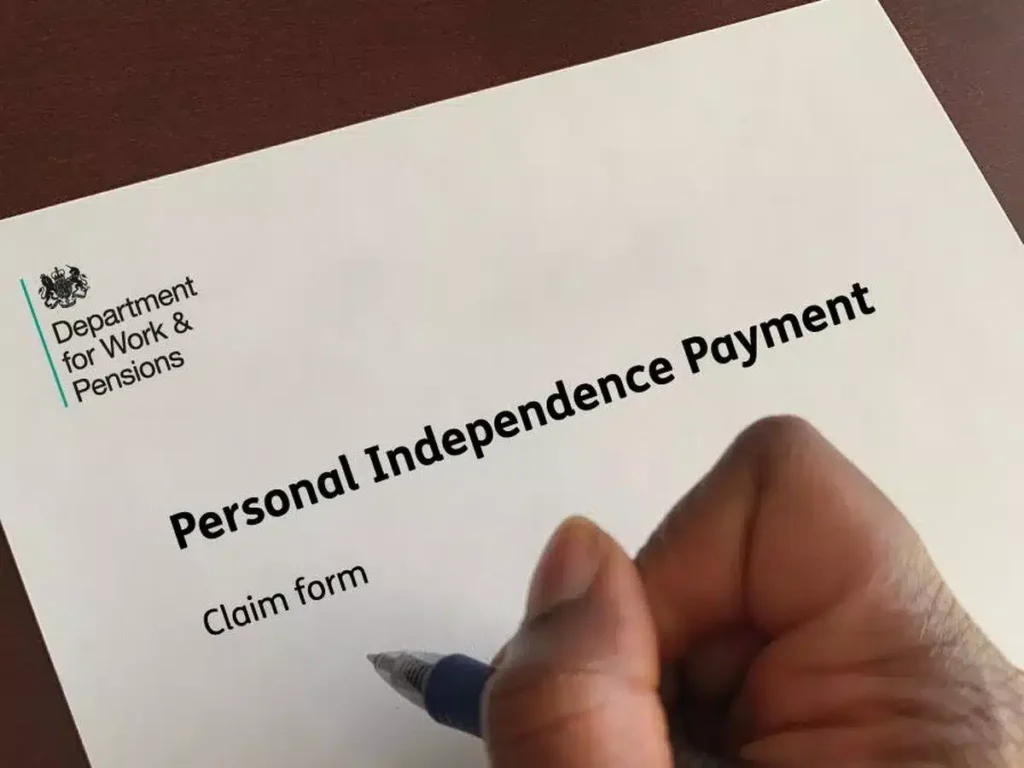The House of Commons released a report that prompted the Department for Work and Pensions (DWP) to propose raising the Personal Independence Payment (PIP). According to the DWP’s Latest News On PIP, the PIP plan is not successfully serving its original goal.
Personal Independence Payment
Following the publication of a report by the House of Commons, the DWP is taking into consideration raising the PIP. The PIP plan is not properly serving its original objective, according to the DWP’s Latest News On PIP.
By paying for extra costs including specialized equipment, mobility aids, housing adaptations, prescription drugs, therapy, and accessible transportation, the PIP program seeks to assist people with long-term health issues or impairments.
However, the existing state of affairs indicates that users are compelled to utilize their PIP payments to handle everyday living expenditures as other benefits like Universal Credit do not give them enough money to cover their fundamental necessities.
DWP Latest News On PIP
The latest update on Personal Independence Payment (PIP) from the Department for Work and Pensions (DWP) indicates changes to assessment processes and new payment rates for 2024. PIP payments are increasing, with the standard daily living component rising to £72.65 per week and the enhanced component set at £108.55 per week. For the mobility component, the standard rate is now £28.70 per week, while the enhanced rate is £71.00 per week.
Additionally, starting from September, the DWP introduced a new streamlined system for PIP assessments, with specific regions being handled by new providers. This change aims to simplify the assessment process, but the core assessment guidelines remain the same
How much you’ll get from PIP?
The difficulty level you have doing activities of daily living and mobility tasks determines the amount of PIP you are eligible to receive. Your income or savings do not impact PIP benefits and are tax-free. PIP is divided into two halves, each with a different weekly rate:

Daily Living Part:
- Lower weekly rate: £72.65
- Higher weekly rate: £108.55
Mobility Part:
- Lower weekly rate: £28.70
- Higher weekly rate: £71.00
Healthcare experts’ evaluations and medical data are examined as part of the review. More than 200,000 persons were found to have improved their health and were consequently no longer eligible for PIP payments. Nonetheless, PIP help is still available to people whose health presents severe everyday challenges.
How can I claim PIP?
You can file a new PIP claim online, by phone, or through the mail. To apply online, all you’ll need is your national insurance number, phone number, and email address. Go to the official website to get started. You will first be required to verify your eligibility for PIP.
- To apply for PIP by mail or over the phone, go to the official government website GOV.UK.
- You may apply for PIP over the phone by calling 0800 917 2222. According to the official website, you must have the following information on hand before proceeding:
- Your details for communication
- The day of your birth
- National insurance number if you have it.
- Your sort code and bank account number
- Name, phone number, and address of your doctor
- Your dates of hospitalization, treatment, and addresses
- Dates and destinations for overseas trips lasting more than four weeks
PIP Government Initiatives and Future Plans
The Department of Work and Pensions (DWP) has been requested by a House of Commons committee to examine the assistance provided in the UK under the Personal Independence Programme (PIP).
The committee recommends that to better satisfy these demands, the DWP should make clear the particular additional expenses PIP seeks to address and create a strategy to improve benefits.
The government’s plan to create an Extra Costs Taskforce, as announced in its February 2024 Disability Action Plan, has also been praised by the committee. The task group will look at the extra financial strains that people with disabilities deal with daily.
The task force’s recommendations will be used by DWP to benchmark the expenses associated with health and disability that PIP ought to pay. To meet this criterion, modifications will be made annually.
PIP Payment Schedule
PIP is usually paid into your bank, credit union, or building society account every four weeks.
The initial payment date, the day of the week you’re typically paid, the length of your PIP payment, and the potential review period for your claim are all specified in your decision letter.
PIP Payments Eligibility Criteria
To be eligible for PIP, a person must meet the following criteria:
- The person has to be between 16 and the state pension age.
- The patient must have a long-term medical condition or impairment that has limited their ability to carry out everyday tasks or move about for at least three months and will likely go on for another nine months or more.
- The person must be a resident of the United Kingdom and have lived there for at least one day of the current tax year and at least two of the preceding three years.
- Applicants for PIP must have a sufficient entitlement term, which is normally 12 months or more, however, there may be certain exclusions.
Adjustments to PIP and Universal Credit
The Personal Independence Payment (PIP) system needs to provide a wider variety of assistance levels, the research claims. To properly represent the varying experiences of claimants, it proposes higher and lower degrees of assistance.
Future adjustments to Universal Credit are also included in the paper. For those now receiving PIP, job capability evaluations will be phased out starting in 2026–2027 and replaced with a new Universal Credit Health Element.
By guaranteeing they can pay for their daily expenditures, this modification seeks to assist those unable to work because of illnesses or impairments.
